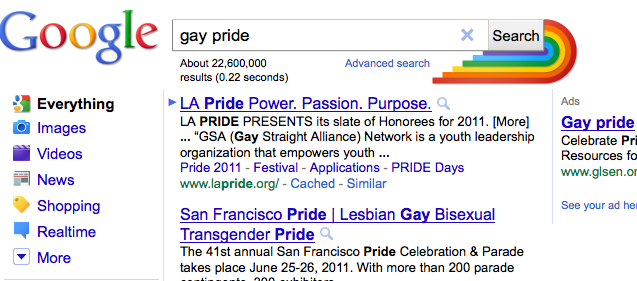

Therapists are encouraged to recognize the particular challenges experienced by lesbian, gay, and bisexual individuals with physical, sensory, and/or cognitive/emotional disabilities. Therapists consider generational differences within lesbian, gay, and bisexual populations, and the particular challenges that may be experienced by lesbian, gay, and bisexual older adults.

Therapists strive to understand the special problems and risks that exist for lesbian, gay, and bisexual youth. Therapists are encouraged to recognize the particular challenges experienced by bisexual individuals. Therapists are encouraged to recognize the particular life issues or challenges experienced by lesbian, gay, and bisexual members of racial and ethnic minorities that are related to multiple and often conflicting cultural norms, values, and beliefs.

Therapists strive to understand how a person’s homosexual or bisexual orientation may have an impact on his or her family of origin and the relationship to that family of origin. Therapists recognize that the families of lesbian, gay, and bisexual people may include people who are not legally or biologically related. Therapists strive to understand the particular circumstances and challenges facing lesbian, gay, and bisexual parents. Therapists strive to be knowledgeable about and respect the importance of lesbian, gay, and bisexual relationships. Therapists strive to understand how inaccurate or prejudicial views of homosexuality or bisexuality may affect the client’s presentation in treatment and the therapeutic process. Therapists strive to understand the ways in which social stigmatization (i.e., prejudice, discrimination, and violence) poses risks to the mental health and well-being of lesbian, gay, and bisexual clients. Therapists are encouraged to recognize how their attitudes and knowledge about lesbian, gay, and bisexual issues may be relevant to assessment and treatment and seek consultation or make appropriate referrals when indicated. Therapists understand that homosexuality and bisexuality are not indicative of mental illness.

Guidelines for Psychotherapy with Lesbian, Gay, and Bisexual ClientsĪttitudes Toward Homosexuality and Bisexuality


 0 kommentar(er)
0 kommentar(er)
